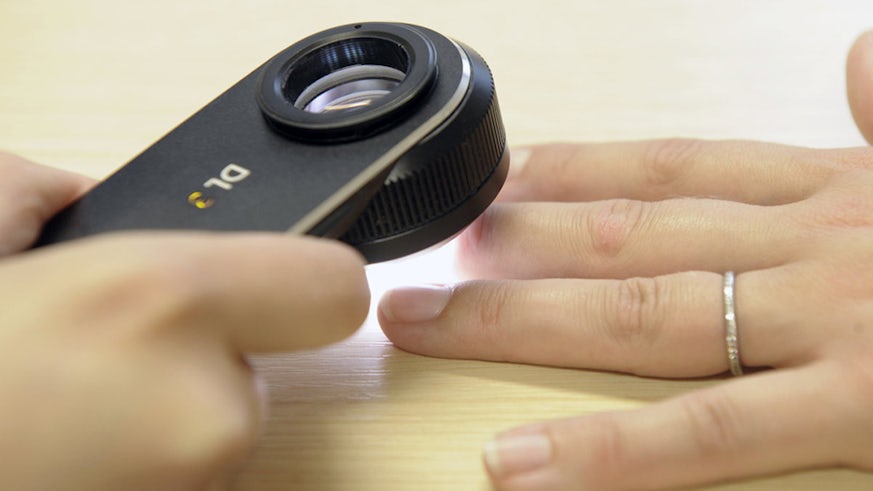Spotlight on: An Introduction to Dermoscopy
2 October 2023

Welcome to the first in our series interviewing people involved in some of the University’s flagship CPD courses. We’ll be talking to past participants, as well as clients who commissioned bespoke programmes, to examine the impact professional development training can have on business aims and individual career progression.
Join us as we examine how CPD, based on academic research and delivered by experts, can increase practical skills, abilities and knowledge. Our interviews showcase the breadth of professional development at the University, short medical courses to studying for a data science postgraduate qualification.
In the first of the series, we spoke to Dr Pippa Bowes, who has completed both the Practical Dermatology Postgraduate Diploma and An Introduction to Dermoscopy CPD course at the University. Pippa shared why she chose the CPD course and how it has impacted on her professional practice.
Why did you choose to study the introduction to dermoscopy course?
I was halfway through the Dermatology Diploma when I heard about the Introduction to Dermoscopy course. I decided to enrol as I really wanted to supplement my diploma with the skills of Dermoscopy but didn’t know where to start.
I needed a structured course that covered everything from the basics to more specialist knowledge. I needed to feel confident that I could safely assess patients’ moles and lesions in my own workplace on a daily basis. I felt the course would match this need, and it certainly did.
How did you find the booking process?
The booking process was very easy. It was similar to the Diploma and Masters courses, accessed via simple-to-follow online instructions and excellent administrative help via email if needed.
What did you find impactful about the course?
I really enjoyed the course, as I felt it was structured well for beginners with no prior knowledge, as well as being suitable for those who simply wanted to refresh their skills.
The course started with how dermoscopy works, why it is important and the basics of interpreting moles and lesions, before moving onto the finer details and trickier cases.
It was a part-time online course, which was important to me so I could study flexibly around my working commitments.
How has completing the course benefitted your practice?
I now use dermoscopy daily in my practice, and help to run local dermoscopy clinics where patients are referred for assessment of a worrying mole or lesion. It all started with this course. It really did change the way I practice.
I personally found the exam at the end of the course really reassuring. When I passed, I knew I had learned how to safely assess moles and lesions with a dermatoscope. This will help me improve patient care, diagnose skin cancer earlier, and help to avoid unnecessary skin surgery or biopsies.
We are proud to announce that both dermoscopy courses run by the School of Medicine have been accredited by the British Association of Dermatologists.
Other developments in 2023 include a bespoke taster version of the Introduction to Dermoscopy course for a local health board, tailored to their specific needs.
Contact us
If you are interested in a bespoke version of either of these programmes, or if you would like further information about any of the CPD courses on offer at the University, please contact Charlotte Stephenson at the CPD Unit:
Continuing Professional Development Unit
Share this story
We offer a wide range of medical short training courses, including Introduction to Dermoscopy and Palliative Care.
